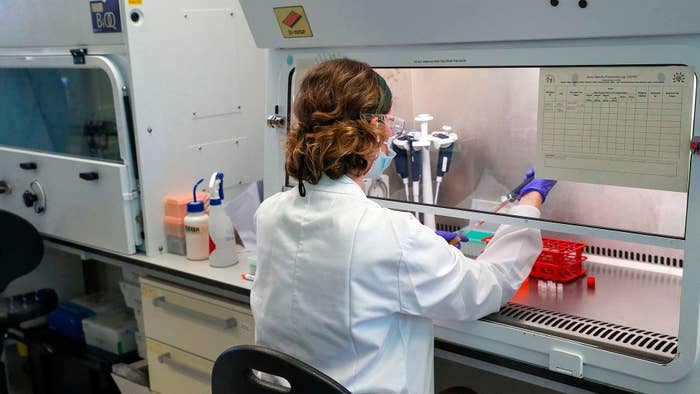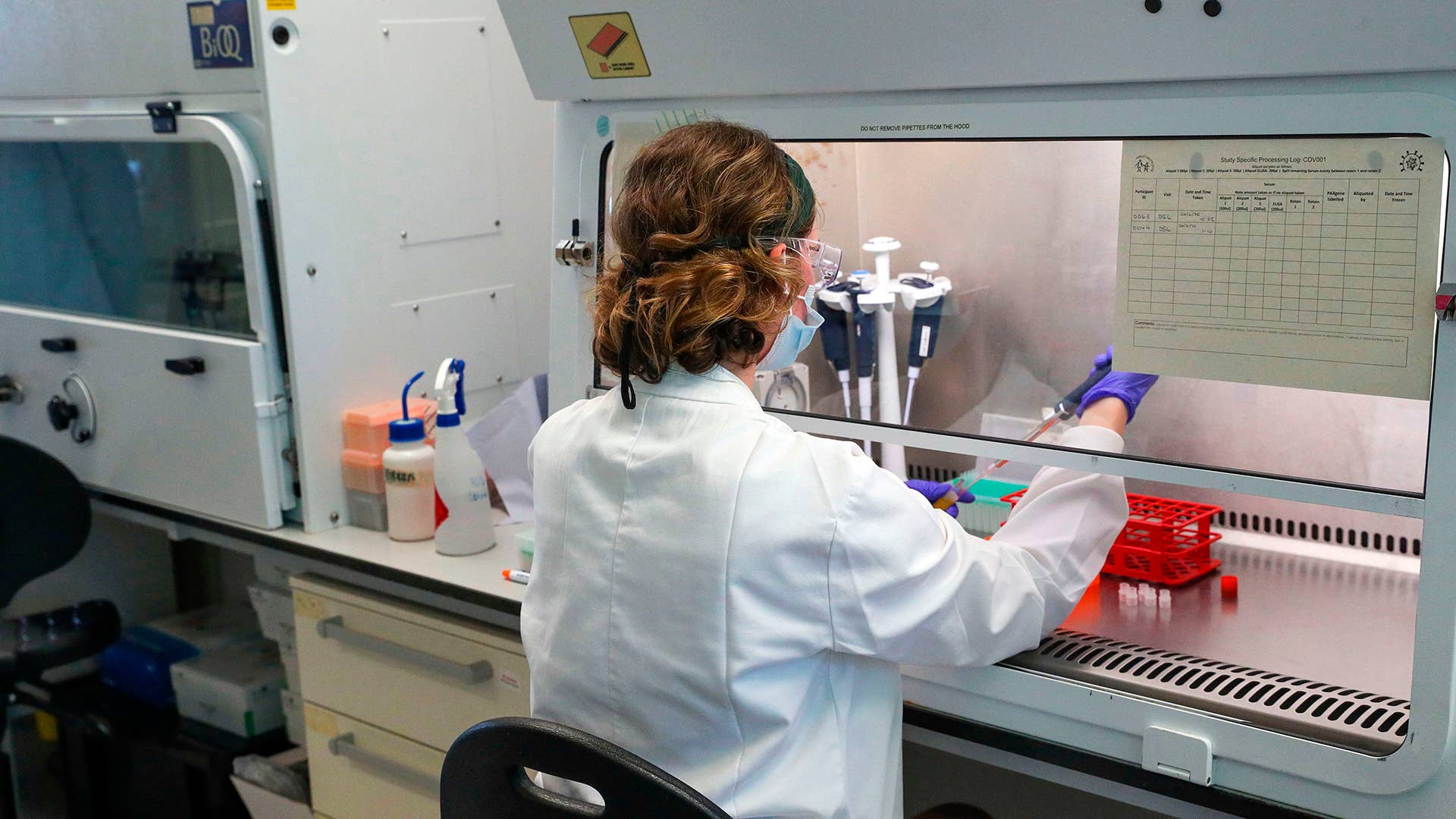
UK Scientists at Oxford University began coronavirus vaccine human trials in April, and their research has just made a significant breakthrough. The Daily Telegraph reports that strong trial results from scientists indicate the potential vaccine could offer "double defense" against the virus, leading to hope for the arrival of such a vaccine later this year.
Blood samples from 500 volunteers in the UK were given a dose of the currently in development vaccine, and they subsequently developed antibodies and T-cells as a result. Two recent studies on the virus suggested that antibodies from such a vaccine could disappear from the body within weeks or months, but T-cells can stay in the body for much longer. T-cells can effectively kill a virus and subsequent infected cells, theoretically increasing the efficiency of the vaccine. One source added that the combination of antibodies and T-cells together could "hopefully keep people safe."
As of right now, there are over 120 coronavirus vaccines in development around the world, although only 10 are currently being tested on people. Since research on COVID-19 is still ongoing, scientists do not yet know whether a vaccine can give individuals immunity to the virus. Chair of the Berkshire Research Ethics Committee David Carpenter, however, believes that the team of researchers at Oxford are "absolutely on track." In fact, if their vaccine proves to be effective in fighting the virus, it could be available as early as September.
"Nobody can put final dates," Carpenter warned. "Things might go wrong but the reality is that by working with a big pharma company, that vaccine could be fairly widely available around September and that is the sort of target they are working on." UK health secretary Matt Hancock recently said that the arrival of a vaccine before the end of 2020 is the "best-case scenario," but people should be prepared to wait until 2021 for it.

